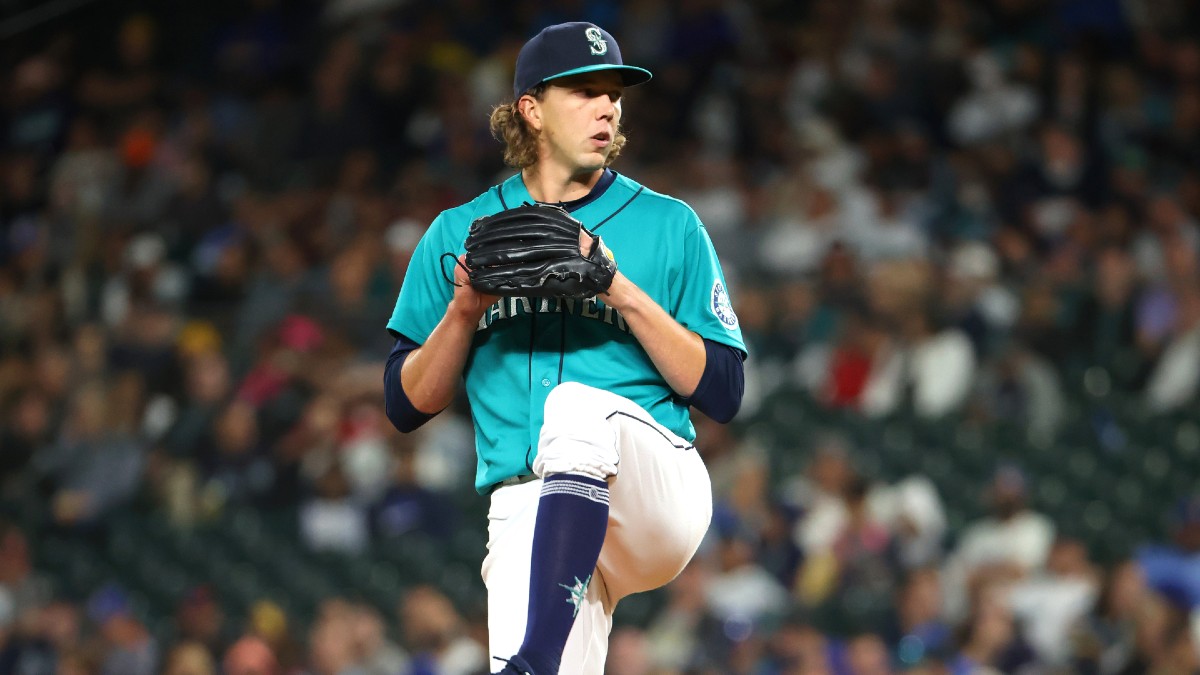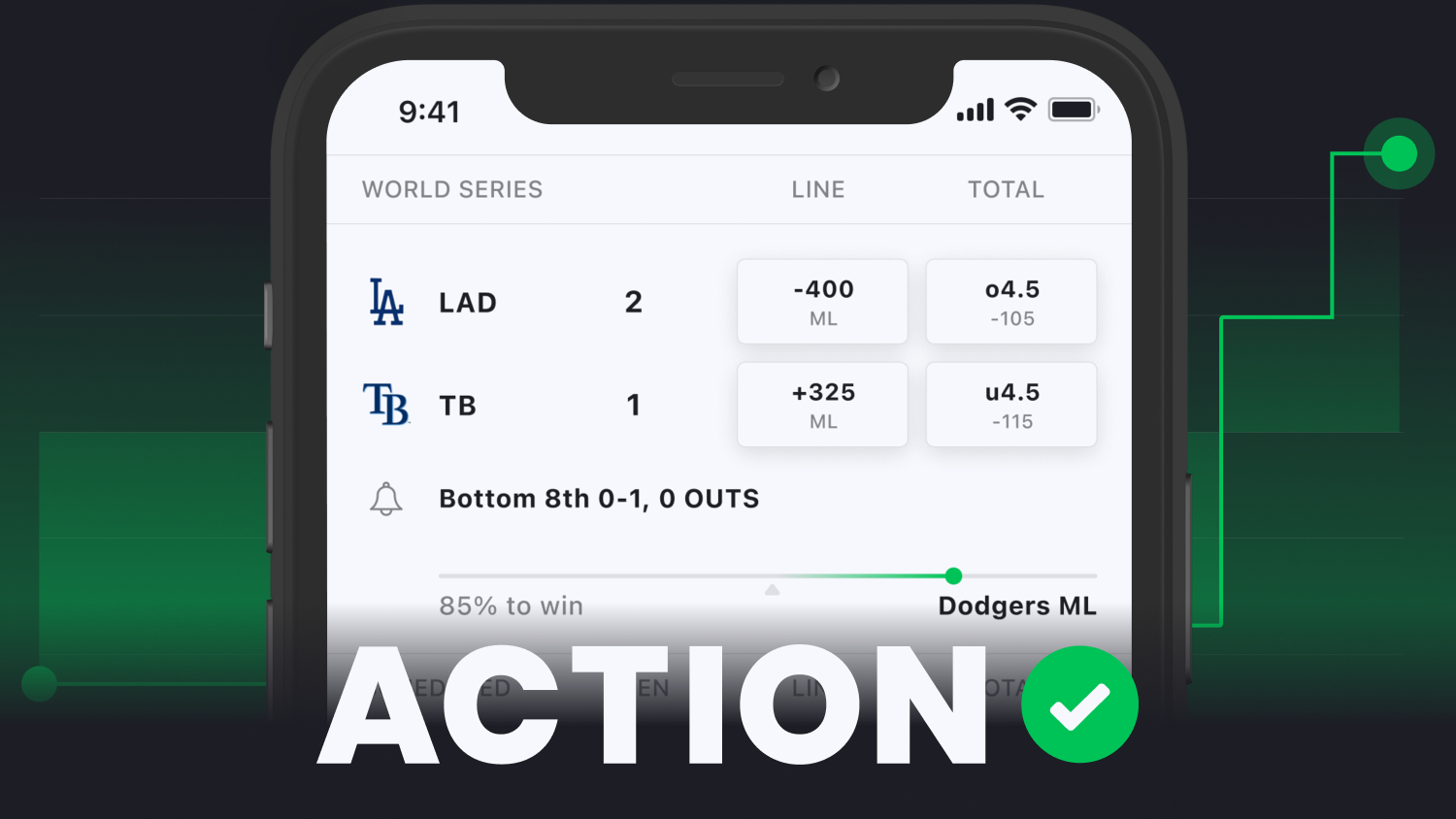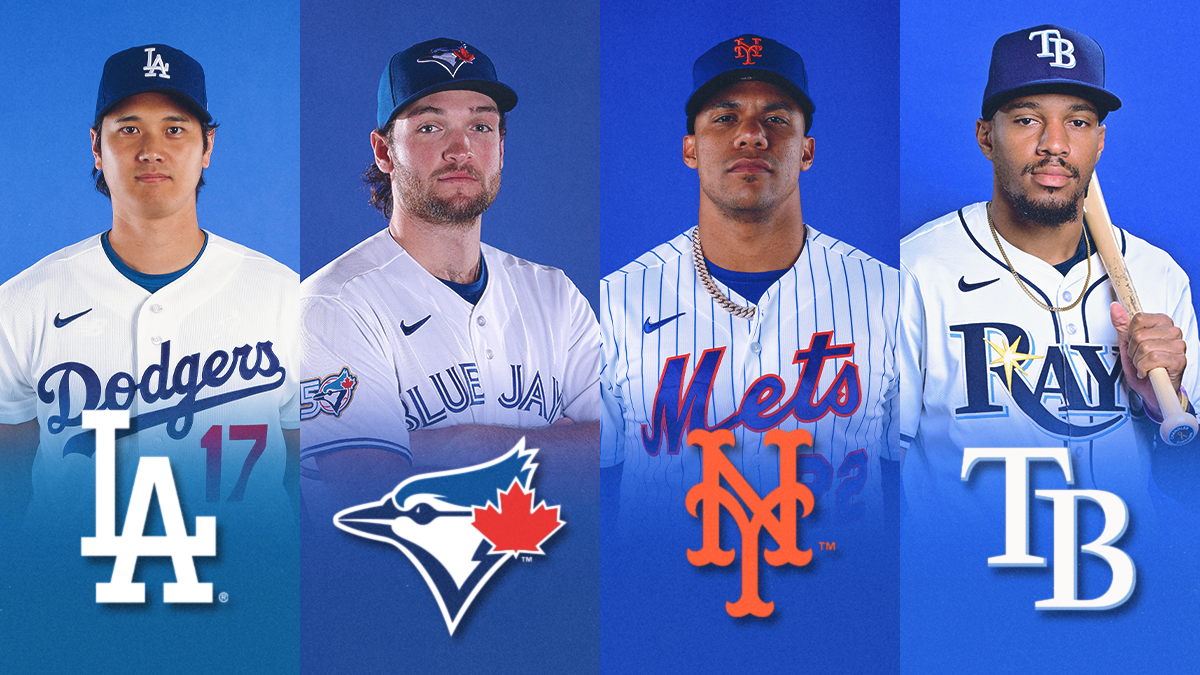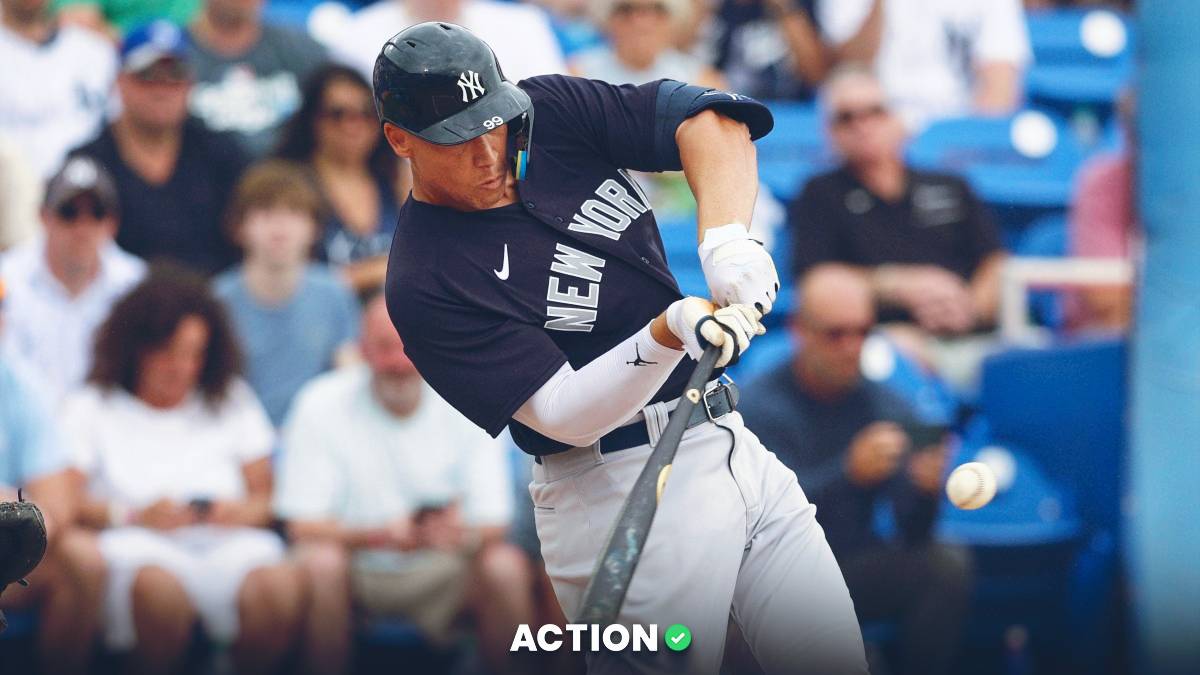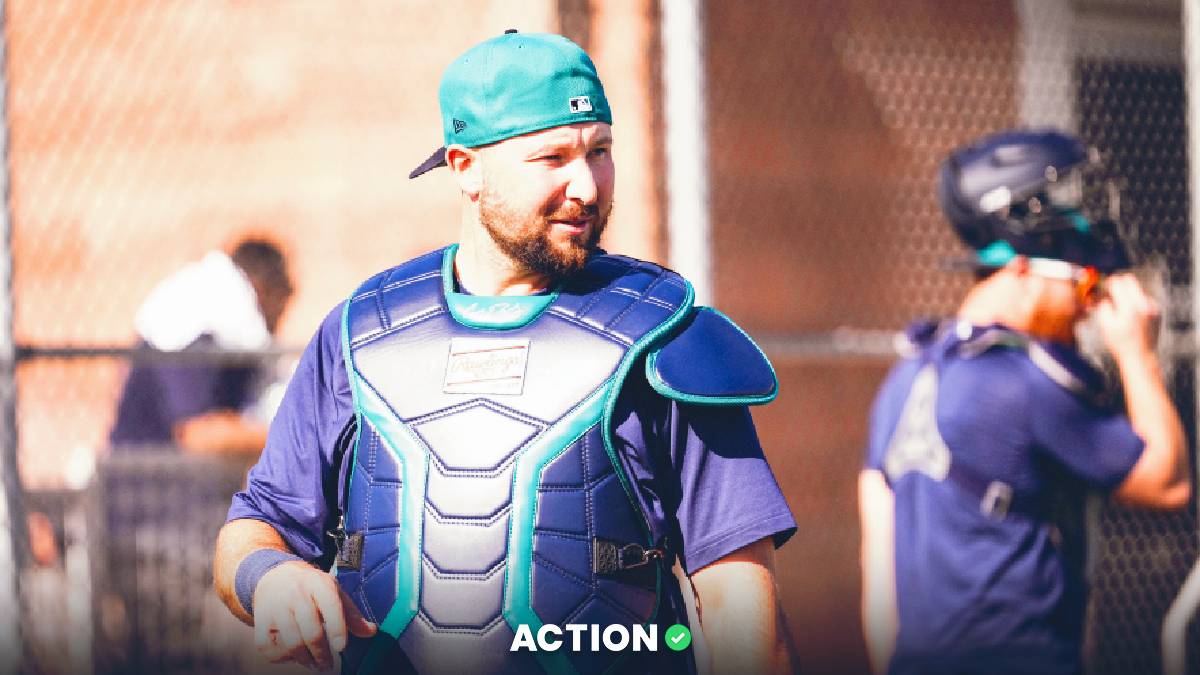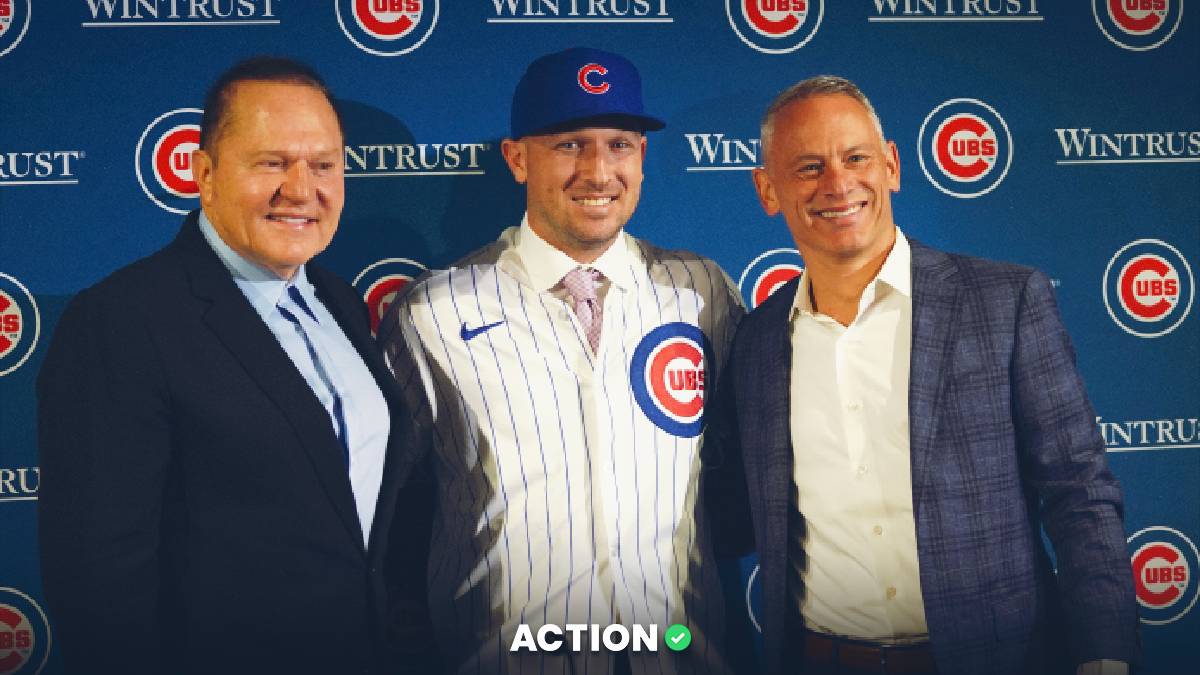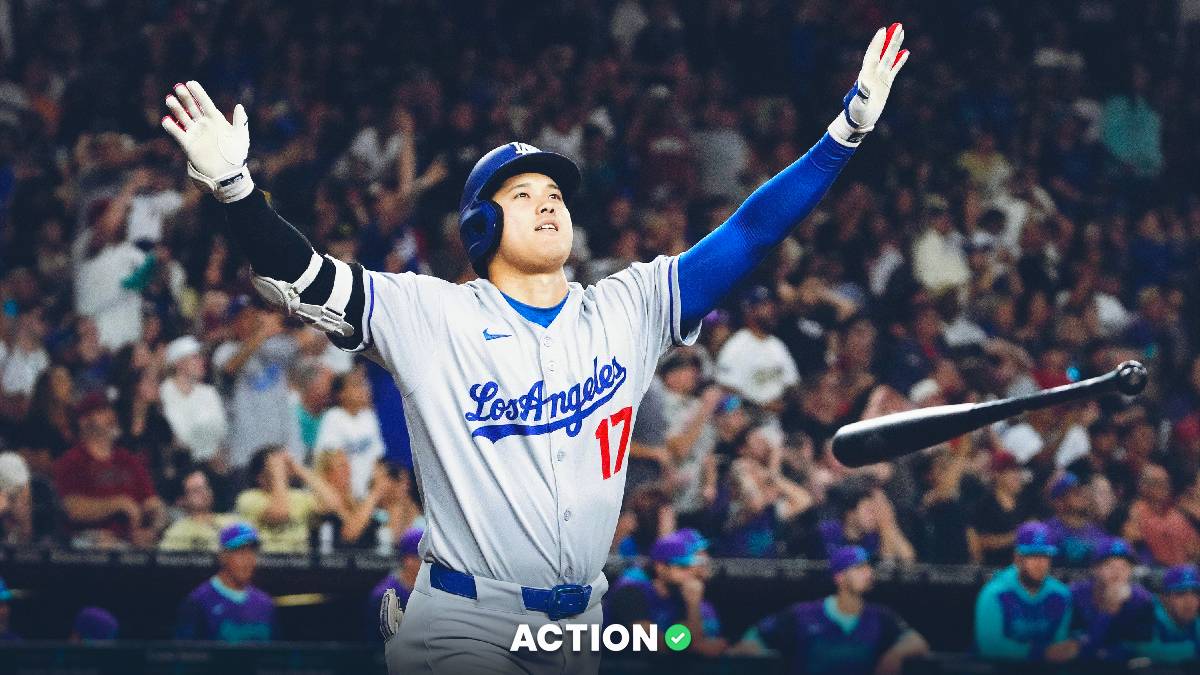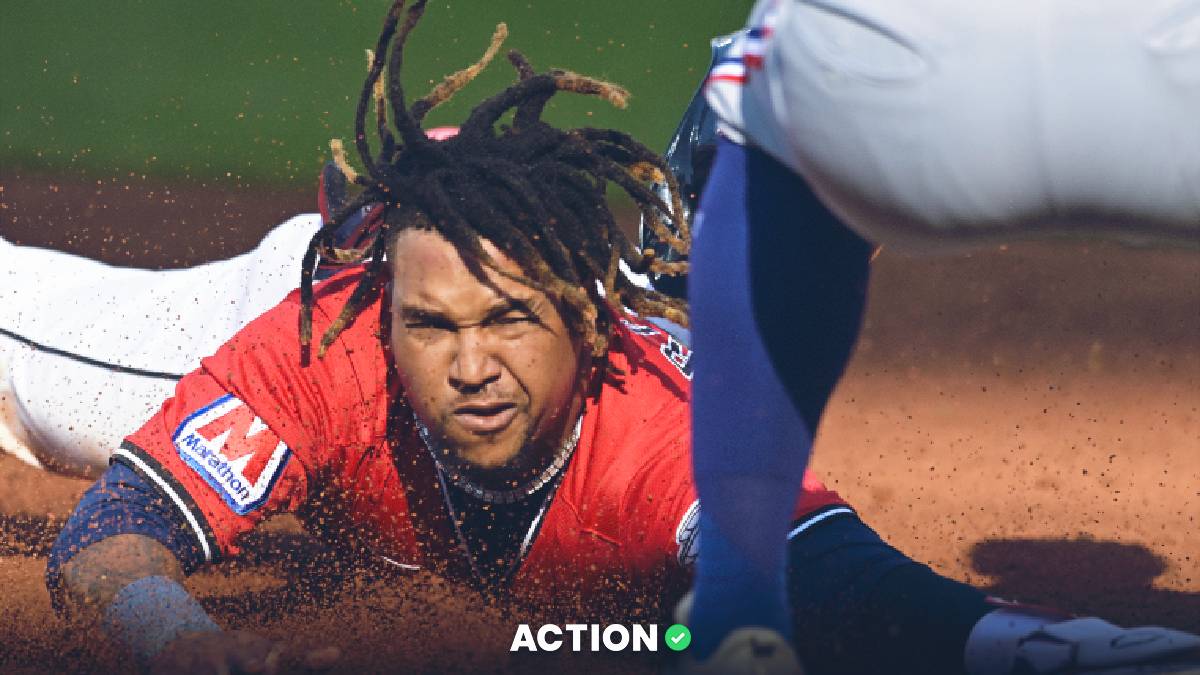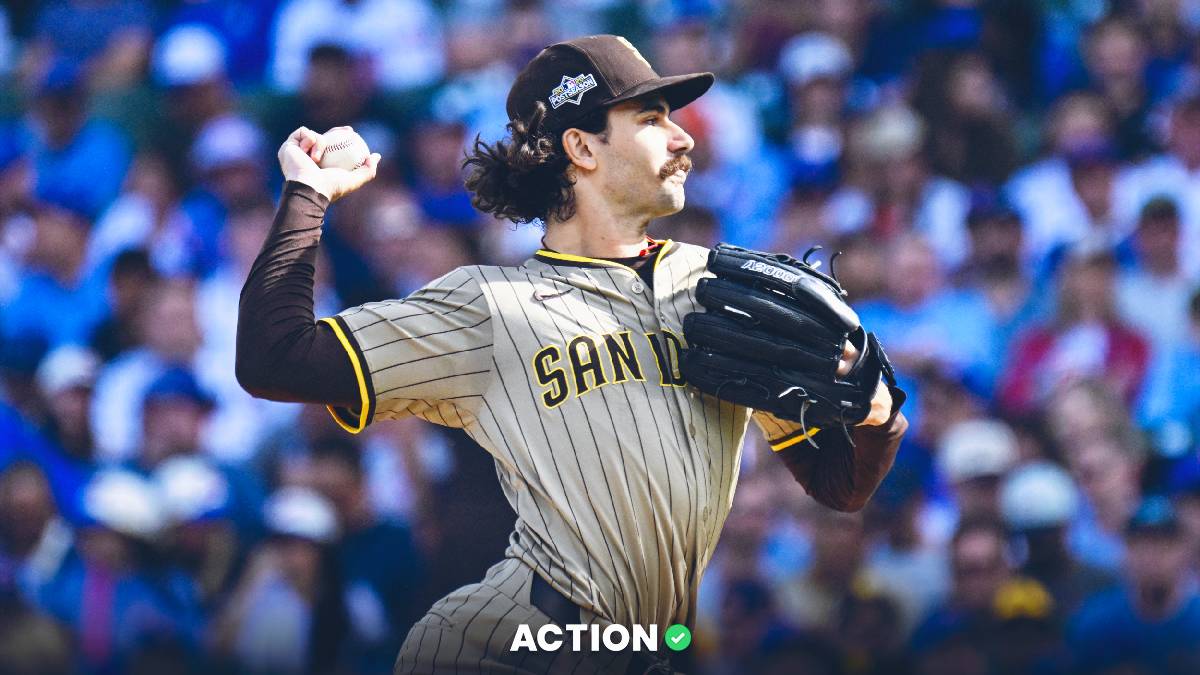- With Wednesday's MLB day games just about out of the way, Billy Ward in turning his attention to the evening games for his NRFI and YRFI picks.
- He sees value on two late games: Pirates vs. Dodgers and Phillies vs. Mariners.
- Check out Ward's top NRFI and YRFI picks for Wednesday's MLB slate below.
Wednesday brings us a handful of day games, so be sure to hop on these picks early. We have four total picks today — two for the early slate of games and two for the later slate.
The Model
The process is relatively simple. First, I start by assuming that the full game (implied) run totals for either team are roughly efficient. As mentioned above, that tends to be the case more often than not. This saves me the trouble of trying to predict the total runs scored in the game — and allows me to focus strictly on the "when" rather than "how many."
Next, I built a database of pitchers' performance the first time through the order, relative to their overall stats. Since the latter is presumably baked into the full game total, I wanted to figure out if those runs are more likely to come early or late. Most — but not all — MLB starters do somewhat better early in games, but with some variance in just how much. The model uses xFIP (expected Fielding Independent Pitching) as the ERA predictor of choice.
That's only half of the equation, though, with the offenses making up the other half. To do this, I looked at what percentage of a team's total runs is produced by the top three batters in the lineup. While a first inning run scored, by definition, needs at least four hitters to come to the plate, one of the first three has to actually score it. The metric of choice here is wRC+, based on the projected lineup for the day from each team.
This is a bit of a tradeoff, as lineups (and run totals) can shift throughout the day, especially if significant contributors miss time. However, in my experience, the inefficiency of the morning lines more than makes up for the leakage in the model. With that said, exercise caution if, say, Mike Trout is listed as questionable for the night's game.
The Picks
With all of the picks below, I'll include the pick, the best line and the threshold I'd bet it to. These will go up in the morning, so if any major news breaks between publishing and when you read it, be sure to consider that.
Infrequently, rather than betting on the traditional YRFI/NRFI, the pick will be on one team or the other specifically to score a run, which as of this writing is only a betting option at DraftKings. Since the model handles each team individually, sometimes one team is projecting for a greater proportion of the "run equity" in the first inning than the betting lines are accounting for.
NRFI Odds, Picks for Wednesday, April 26
Toronto Blue Jays vs. Chicago White Sox YRFI: This game has a 9.5-run implied total with some juice to the over at most books, making the true median runs around 9.8. You wouldn't need a model to figure out that the "yes runs" in the first inning is the sharper side here.
Minnesota Twins vs. New York Yankees YRFI: This one actually projects slightly better than the Blue Jays game for first-inning run chance despite the eight-run total, though that's based on a heavy dose of 2022 data for the hitters involved. Both teams have underperformed offensively this year, so that projection is a bit optimistic. But plus-money or low-vig odds (depending on the book) still make it a very strong bet.
Pittsburgh Pirates vs. Los Angeles Dodgers YRFI: This uses similar logic as the Yankees-Twins game, as I have some concern about the projections, but the generous odds make it worthwhile anyway. The top of the Dodgers' lineup accounts for a disproportionate amount of their production, and Pirates starter Roansy Contreras has been worse the first time through the order in every season of his career — including the start of 2023.
Pick: Pirates-Dodgers YRFI |
Philadelphia Phillies vs. Seattle Mariners NRFI: We have an eight-run total with two strong starting pitchers, so this line should be more heavily juiced. FanDuel is a bit off the rest of the market here, with the NRFI as high as -130 elsewhere (which I wouldn't take).
Pick: Phillies-Mariners NRFI |


